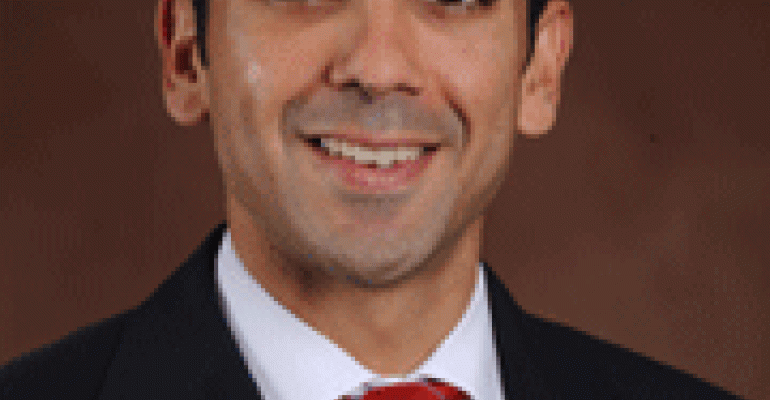
RR: Raymond James added managed futures mutual funds to its product platform in the spring of 2010. What do these look like?
TH: We have two products, one of which is an actively-managed multi-manager managed futures fund, and another which is a rules-based index replication strategy that goes long and short.
RR: Would you say that Raymond James FAs understand managed futures?
TH: I believe they do and the ones who are selling the product absolutely do. We've done quite a bit in terms of education for advisors. And managed futures have been around long enough so there is some familiarity with the asset class.
RR: How should a financial advisor evaluate a managed futures fund?
TH: Reputation is a very important factor, so you should have a managed futures provider that has been employing managed futures strategies for a long time and has generated returns that are both somewhat consistent over that period and provide a correlation benefit. From a risk management standpoint, advisors should also monitor the margin to equity ratio of the fund - the higher the ratio, the more risk that is being undertaken. Pay attention to providers who use a multi-manager approach and can help do part of that analysis on their behalf.
RR: Critics charge that managed futures are too expensive, are difficult to understand and offer very little transparency. What do you think about these claims?
TH: We like being able to offer managed futures via a mutual fund product, because it really does reduce the cost burden associated with the product. As the industry is maturing, there has been some fee compression, and that is a positive development. As far as complexity goes, it is a very quantitative method of investment that goes both long and short and it's very non-fundamental in nature. That's somewhat the nature of the product.
RR: Why wouldn't you just use ETFs to get commodities exposure?
TH: It's a very different methodology. Managed futures have the ability to go both long and short and generally maintain larger allocations to financial futures than to commodities. Additionally, commodity ETFs that utilize futures contracts can have structural shortcomings. But it's really the way you package these investment methodologies that leads to a different outcome. Over the past 15 years, managed futures have maintained a negative 0.08 correlation to the S&P 500 index, whereas long commodities have a correlation of 0.25.


